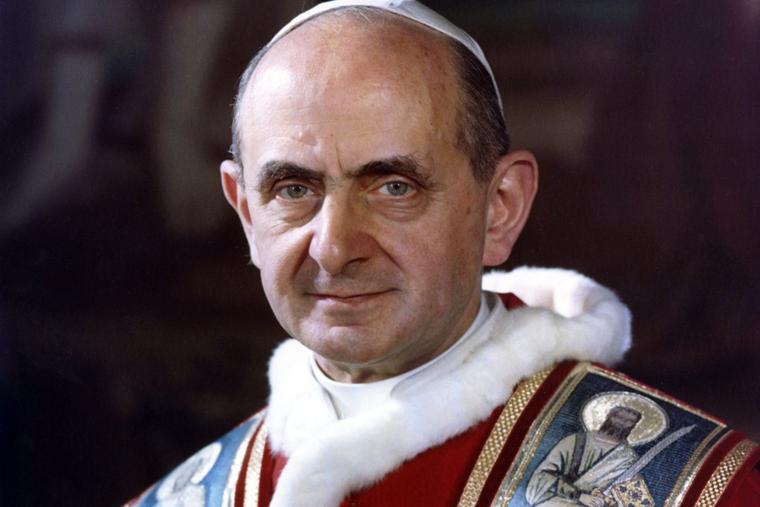- Feb 5, 2002
- 166,636
- 56,268
- Country
- United States
- Faith
- Catholic
- Marital Status
- Married
- Politics
- US-Others
The response to Humanae Vitae was immediate, vitriolic, predictable — and avoidable.
The Alabama Supreme Court’s ruling that human embryos manufactured through in vitro fertilization (IVF) are children, and therefore are protected under state law, got me thinking that how we present the Catholic Church’s teachings can be even more consequential than the teachings themselves.
While too young to have experienced the Humanae Vitae controversy of the 1960s, I have wondered for years why the issue was so controversial if Pope St. Paul VI simply reiterated the Church’s teachings against artificial birth control.
I have studied the issue in depth, and have come to a disturbing conclusion: The controversy over Humanae Vitae was partly caused by the delay in presenting the teaching when new questions surrounding birth control arose.
As enunciated in the Catechism of the Catholic Church, the teaching is clear:
At the same time, it seems to me that the controversy over Humanae Vitae was largely avoidable. On Aug. 15, 1930, the Anglican Communion announced its decision to approve artificial birth control for married couples in certain circumstances (these circumstances were soon broadened to approve birth control for any reason).
This new development presented a new challenge to the Catholic Church, which Pope Pius XI answered four months later, on Dec. 31, 1930 (the dates are important), in the encyclical Casti Connubii, where he declared that artificial birth control is both impermissible and immoral. By acting expeditiously, the Holy Father swiftly closed the door to any appearance of change or alteration of Catholic teaching in this area. Catholics by and large accepted the Church’s teaching. The same issue of artificial birth control would rear its ugly head 30 years later, and two other popes would make different decisions, leading to a different outcome.
Continued below.

 www.ncregister.com
www.ncregister.com
The Alabama Supreme Court’s ruling that human embryos manufactured through in vitro fertilization (IVF) are children, and therefore are protected under state law, got me thinking that how we present the Catholic Church’s teachings can be even more consequential than the teachings themselves.
While too young to have experienced the Humanae Vitae controversy of the 1960s, I have wondered for years why the issue was so controversial if Pope St. Paul VI simply reiterated the Church’s teachings against artificial birth control.
I have studied the issue in depth, and have come to a disturbing conclusion: The controversy over Humanae Vitae was partly caused by the delay in presenting the teaching when new questions surrounding birth control arose.
As enunciated in the Catechism of the Catholic Church, the teaching is clear:
Birth control always has been, and always will be, an intrinsic evil.The use of mechanical (IUDs), chemical (birth control pills), or medical procedures (tubal ligations) to prevent conception from taking place as a result of sexual intercourse ... offends against the openness to procreation required of marriage and also the inner truth of conjugal love (2370).
At the same time, it seems to me that the controversy over Humanae Vitae was largely avoidable. On Aug. 15, 1930, the Anglican Communion announced its decision to approve artificial birth control for married couples in certain circumstances (these circumstances were soon broadened to approve birth control for any reason).
This new development presented a new challenge to the Catholic Church, which Pope Pius XI answered four months later, on Dec. 31, 1930 (the dates are important), in the encyclical Casti Connubii, where he declared that artificial birth control is both impermissible and immoral. By acting expeditiously, the Holy Father swiftly closed the door to any appearance of change or alteration of Catholic teaching in this area. Catholics by and large accepted the Church’s teaching. The same issue of artificial birth control would rear its ugly head 30 years later, and two other popes would make different decisions, leading to a different outcome.
Continued below.

Christ ‘Taught as One Having Authority’ — and So Must His Church
The response to Humanae Vitae was immediate, vitriolic, predictable — and avoidable.
Last edited:
